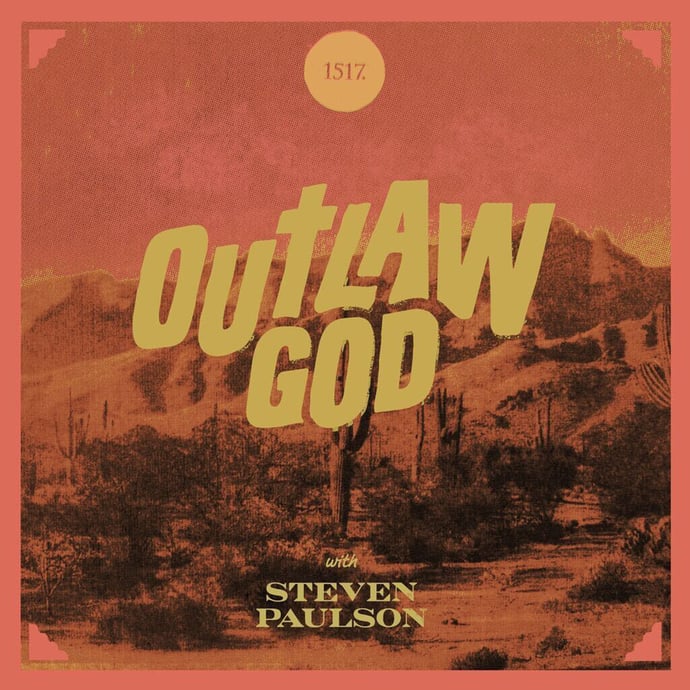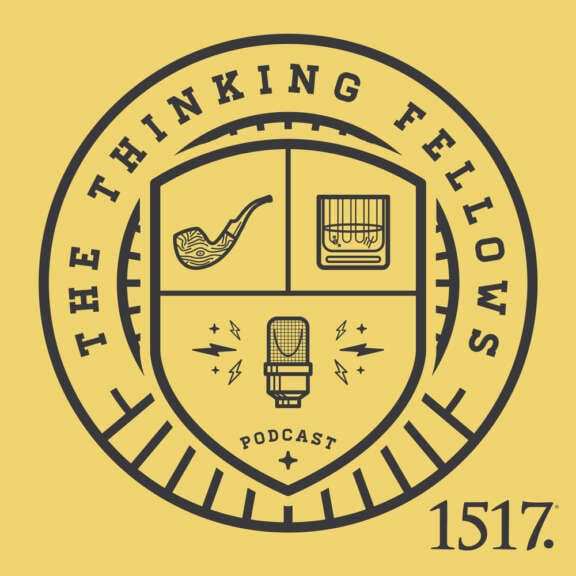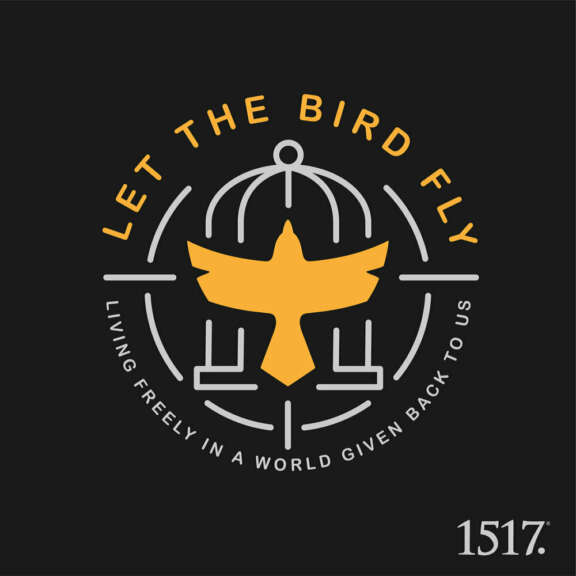As a continuation of the last episode, Dr. Paulson explains that the goal of Erasmus's skepticism is a calculated submission.
Podcasts
Each 1517 Podcast is dedicated to delivering Christ-centered content through weekly, monthly, and seasonal audio platforms. Listen online or on your favorite podcasting app.
Author
- All Authors
- Aaron Zimmerman
- Adam Francisco
- Amy Mantravadi
- Blake Flattley
- Bob Hiller
- Bradley Gray
- Brian W. Thomas
- Bror Erickson
- Bruce Hillman
- Caleb Keith
- Chad Bird
- Chris Rosebrough
- Christopher Gillespie
- Cindy Koch
- Craig Donofrio
- Dan van Voorhis
- Daniel Deen
- Daniel Emery Price
- Darrin Sheek
- David Andersen
- David Rufner
- David Zahl
- Debi Winrich
- Delwyn Campbell
- Donavon Riley
- Doug Klembara
- Edward Killian
- Elyse Fitzpatrick
- Erick Sorensen
- Flame
- Grant Klembara
- Gretchen Ronnevik
- Haroldo Camacho
- Jacob Smith
- Jared C. Wilson
- Jeff Mallinson
- Jeffrey Pulse
- Jessica Thompson
- Jim Nestingen
- Joel Fitzpatrick
- Joel Hess
- John Andrew Schreiner
- John Bombaro
- John T. Pless
- John W. Hoyum
- John Warwick Montgomery
- Katie Koplin
- Kelsi Klembara
- Ken Sundet Jones
- Magnus Persson
- Matt Popovits
- Michael Berg
- Michael Horton
- Nick Lannon
- Paul Koch
- Peter Nafzger
- Philip Bartelt
- Raleigh Sadler
- RJ Grunewald
- Robert Kolb
- Rod Rosenbladt
- Ron Hodel
- Sam Leanza Ortiz
- Sarah Condon
- Sarah Crowder
- Scott Davis
- Scott Keith
- Steven Paulson
- Tanner Olson
- Troy Neujahr
- Uwe Siemon-Netto
- Wade Johnston
- William Cwirla
-
Philip Bartelt and John Hoyum join Caleb to read and discuss the Third Article of the Apostles' Creed.
-
Paulson confronts Erasmus's propositions about remaining in unknowing.
-
Luther’s short sermon on the second article of the Apostles’ Creed is short but significant in its call that Christ and this article be constantly preached throughout the year.
-
Caleb is joined by John Hoyum and Kelsi Klembara to talk about Luther’s explanation of the first article of the Apostles Creed.
-
Mike and Wade discuss the second article of the Apostles' Creed in light of Luther's Large Catechism.
-
In this episode, Wade, Mike, and Greg (Lyon) discuss the first article of the Apostles' Creed in the light of Luther's Large Catechism.
-
Mike and Wade continue their walk through the life of Martin Luther. While there are many important and intriguing characters they have encountered along the journey, the most fascinating might be Lucas Cranach.
-
In the THIRTY-FOURTH the guys discuss the debate between famous humanist, Desiderius Erasmus, and Martin Luther, who reluctantly battled over the doctrine of the will as it relates to salvation. In 1524 Erasmus wrote his diatribe On the Freedom of the Will. Luther responded about a year later with On the Bondage of the Will.
-
Mike and Wade introduce Katherine von Bora. The former nun and wife of Martin Luther, has an interesting story in her own right. We hope that you will enjoy the discussion of this remarkable woman who has been dubbed “The Mother of the Reformation”.
-
Mike and Wade discuss Thomas Müntzer. The radical reformer, who was once a student of Luther, turned to German mysticism that eventually to violence in his attempt to bring about a new age of Christendom.
-
In the THIRTY-FIRST episode in our Wingin' It series on the life of Martin Luther, Wade and Mike discuss the so-called Peasants' War, which took place from 1524-1525 (yes, they're still in the mid-1520's).


